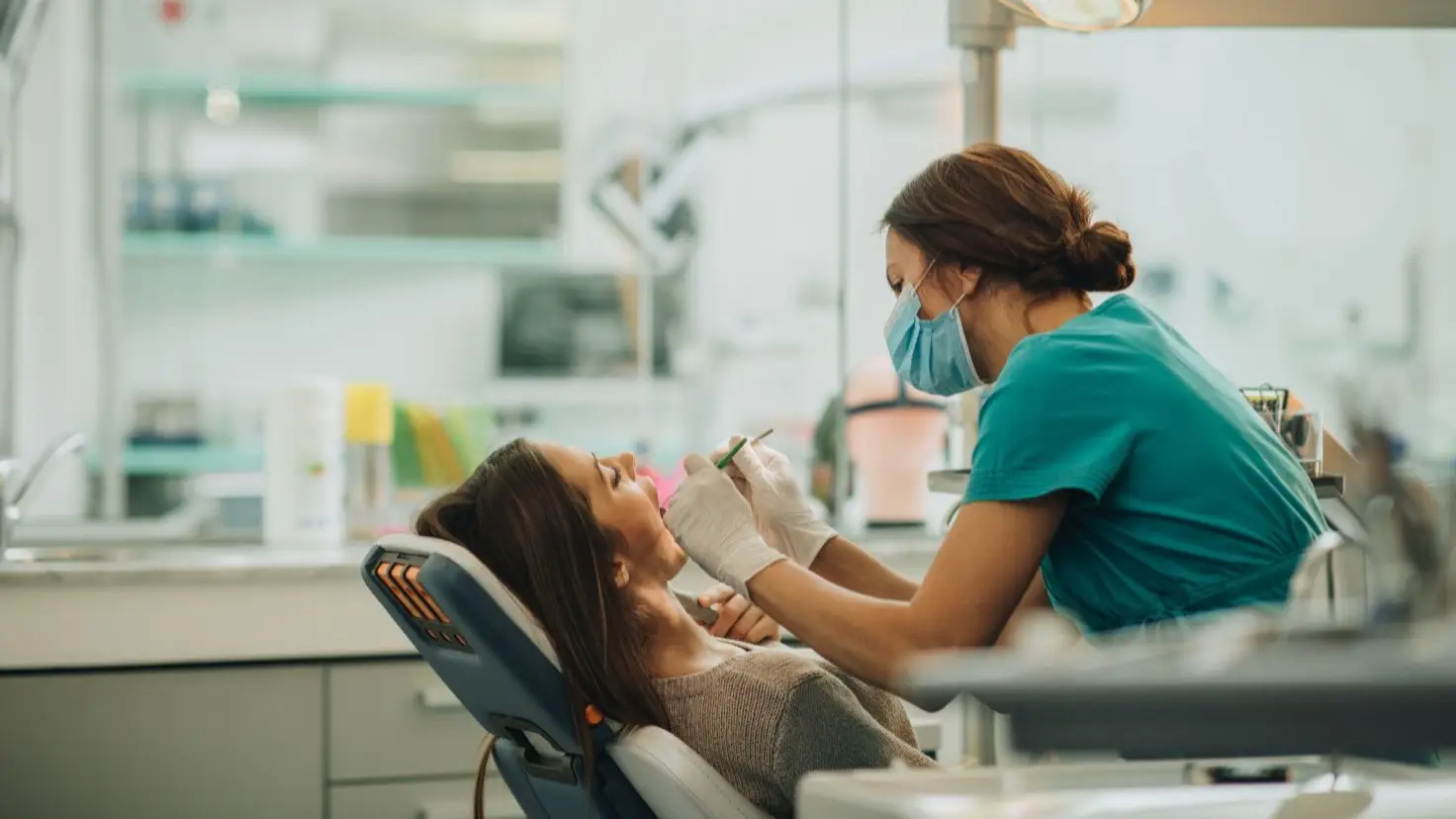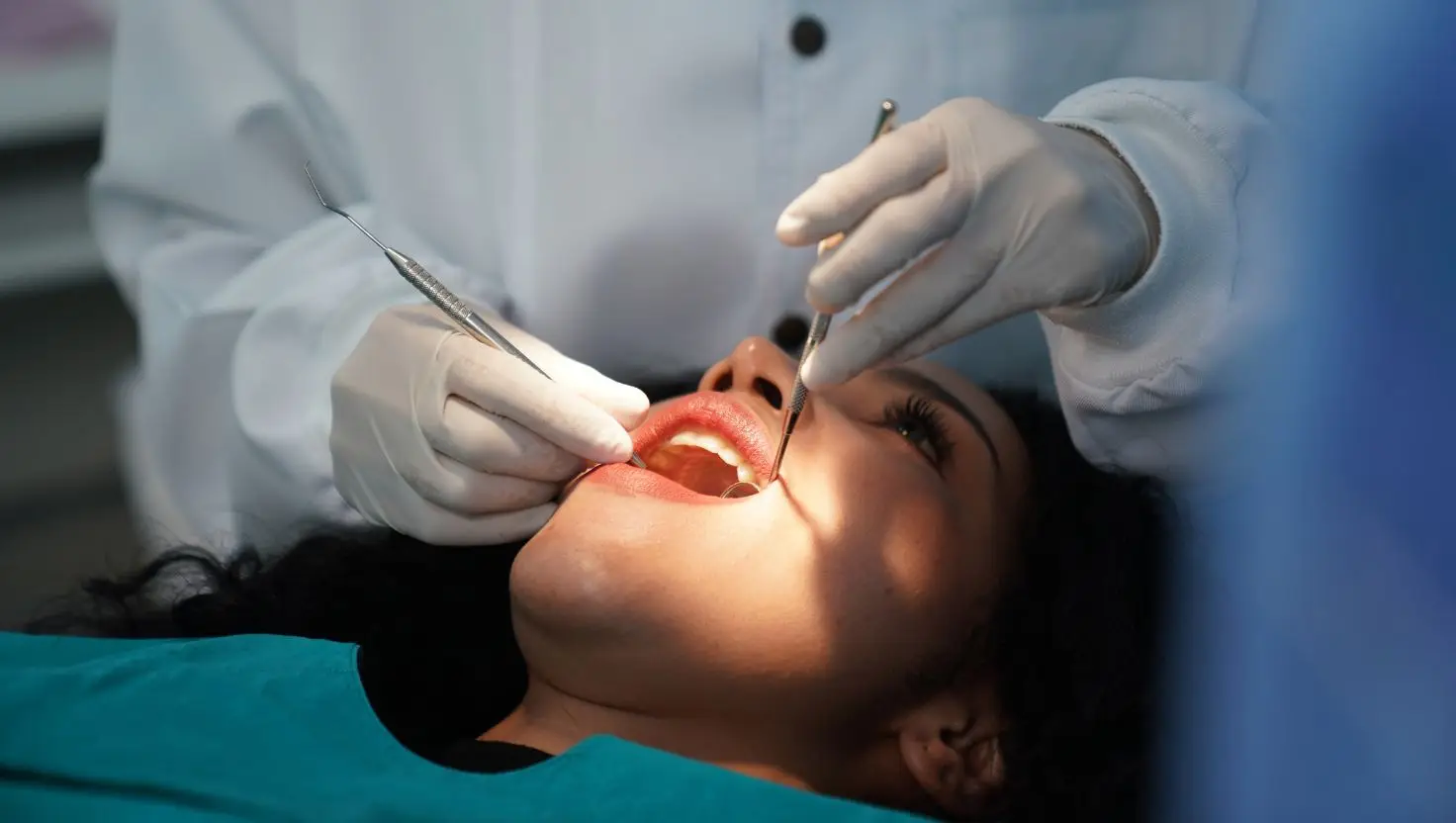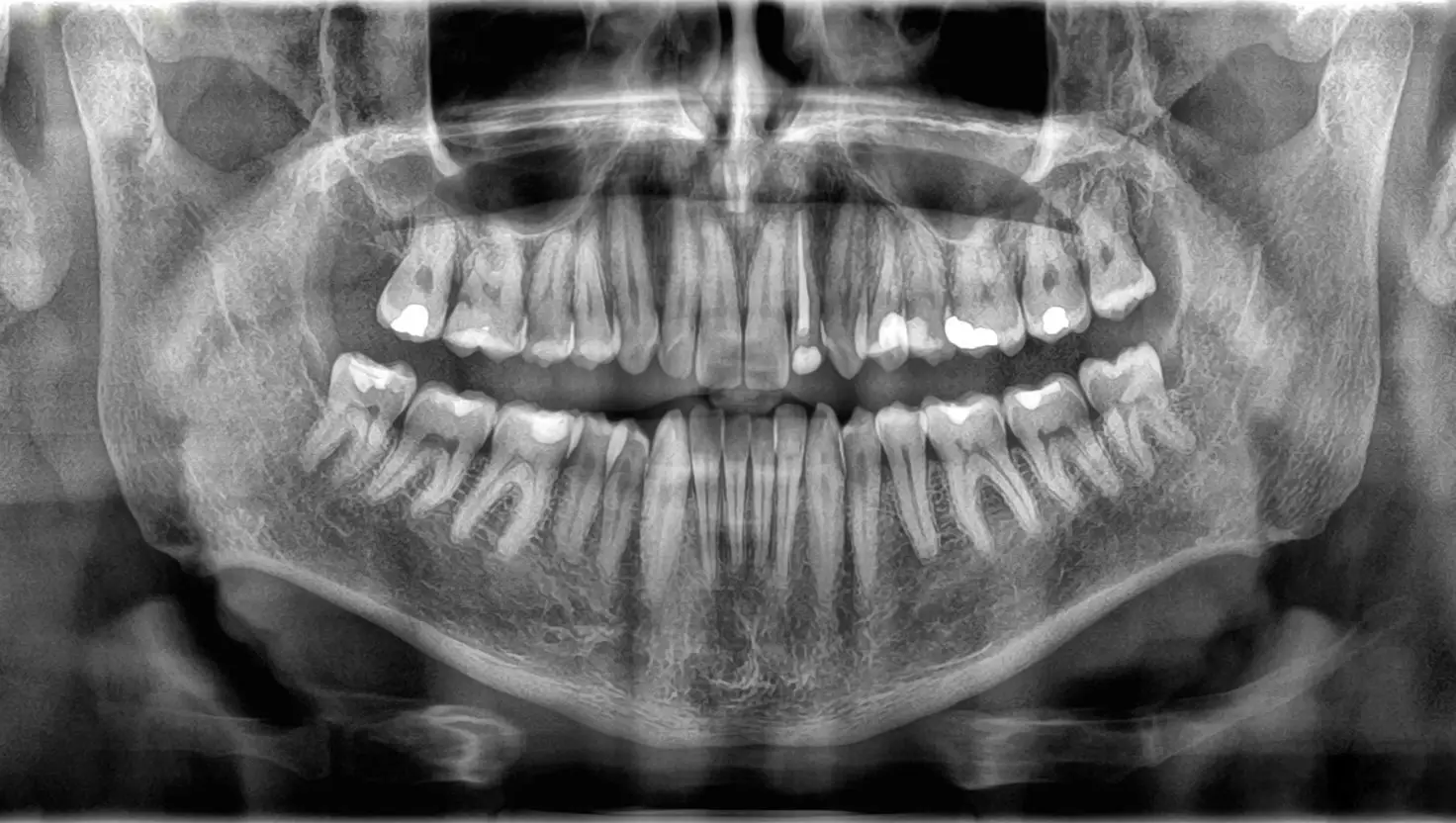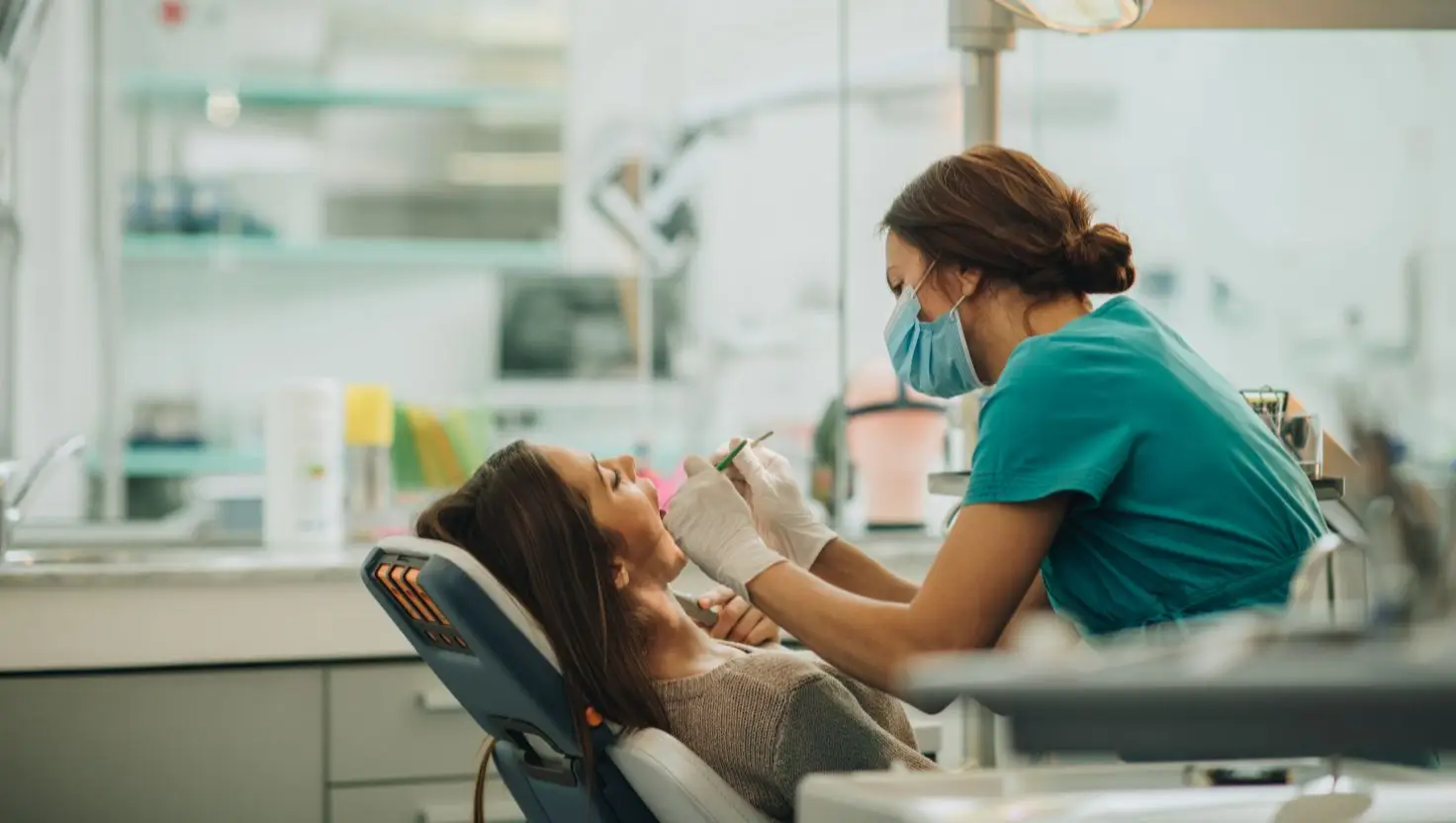
Dentists have issued advice on how to combat the supposed ‘Ozempic teeth’ phenomenon as the popularity of weight-loss injections continues to soar.
It’s believed that around 1.5 million people across the UK are already taking weight loss drugs, with Wegovy, Mounjaro and Ozempic being the most popular.
While Ozempic is legal in the UK, it is only licensed for diabetes treatment.
However, that hasn’t stopped some users from benefiting from its famed ‘weight loss side effects’.
Advert
Other common side effects include swollen lymph nodes, racing heart and - according to dental experts - severe oral health issues.
GLP-1 drugs can reportedly stop you from producing enough saliva and eventually cause irreversible damage to your mouth.
If you, or someone you know, is currently using weight-management jabs - then a handful of experts have revealed signs you should look out for, as well as how to combat so-called ‘Ozempic teeth’.

How Ozempic can affect your teeth
Adam Taylor, an anatomy professor at Lancaster University, has explained that semaglutide - the active ingredient in various weight-loss medications - can actually affect users’ salivary glands.
He told The Conversation that these ‘skinny jabs’ can reduce saliva flow, making people feel less thirsty and thus reach for their water bottle a lot less.
“That combination can cause dry mouth, which increases the risk of cavities and gum disease,” he warned.
According to a worrying study, over 50 percent of UK adults are likely to suffer with the common dental disease by 2050 - while 10 percent currently have an extremely severe form.
Gum disease, also known as periodontal disease, cannot be cured but it can be managed with appropriate treatment such as scaling, cleaning and pocket reduction surgery, detailed the Cleveland Clinic.

But it isn’t just gum disease that Ozempic users have to look out for.
Dr Rajpal Anjali, a cosmetic dentist, said that common Ozempic side effects like acid reflux and vomiting can further erode your enamel further.
“Most users tolerate GLP-1 medications like Ozempic without serious oral health issues, but a subset experience notable side effects such as dry mouth, nausea, or vomiting, which can indirectly affect teeth and gums,” she explained.
“Dentists should also be aware of these potential risks and monitor patients accordingly, especially in the first few months after starting the medication.”
How to combat ‘Ozempic teeth’ side effect
If you’re a GLP-1 user and you’ve noticed you’re drinking less and less liquids, then Taylor has issued some sage advice.
He told the outlet that you should start drinking water more regularly and also chewing sugar-free gum to boost saliva.
The expert also advised patients to inform their dentist that they are on medications like Ozempic so that their oral care can be adjusted.
Meanwhile, Ehsan Ali, a board-certified internal and geriatric medicine specialist, told Healthline that using a mouth rinse that promotes saliva production will also help keep your mouth moist.

He also advised weight-loss drug users to avoid skipping meals, as ‘nutrients like calcium and vitamin D are important for oral health’.
Novo Nordisk Ozempic statement
Speaking to Tyla, a Novo Nordisk spokesperson said that patient safety was their ‘top priority’.
“We continuously collect safety data on our marketed GLP-1 RA medicines and work closely with the authorities to ensure patient safety, monitoring adverse reactions through pharmacovigilance,” they continued.
“We recommend that any patient experiencing side effects while taking GLP-1 receptor agonists, including Wegovy®and Ozempic® (semaglutide injection), report them to their healthcare provider and via the MHRA Yellow Card scheme."
Topics: Advice, Health, Ozempic, UK News, Women's Health, Mounjaro
